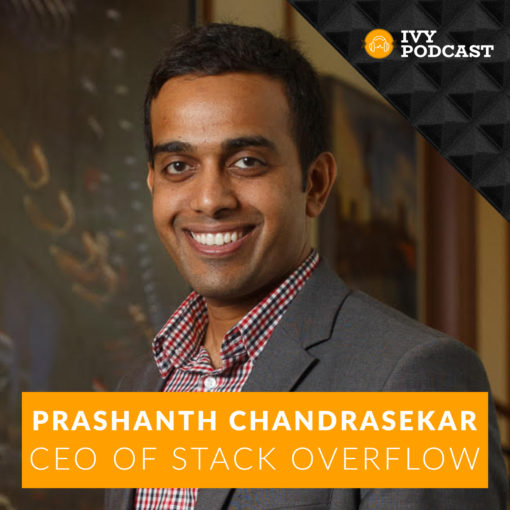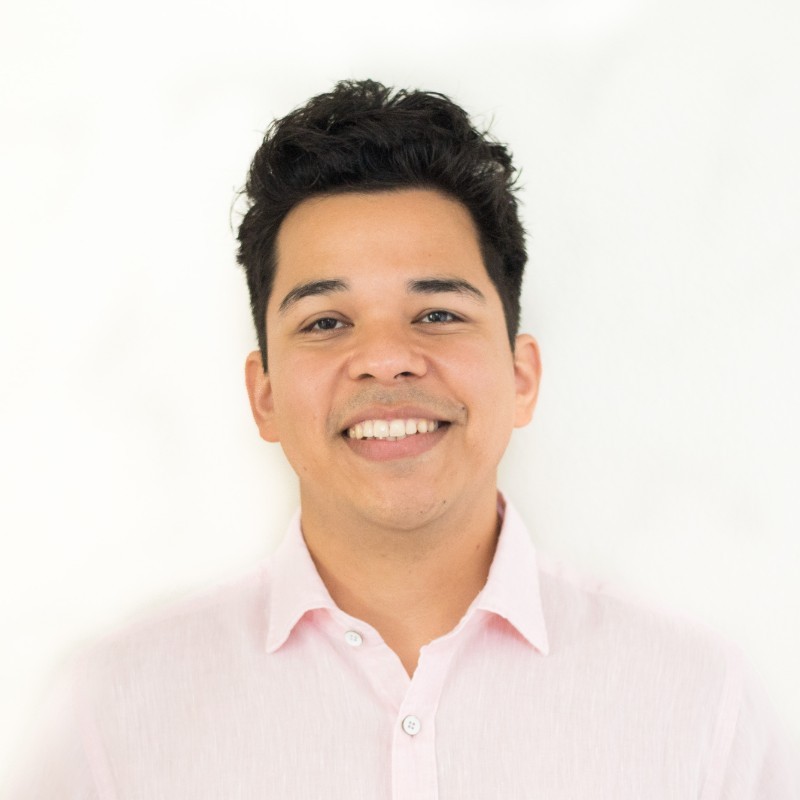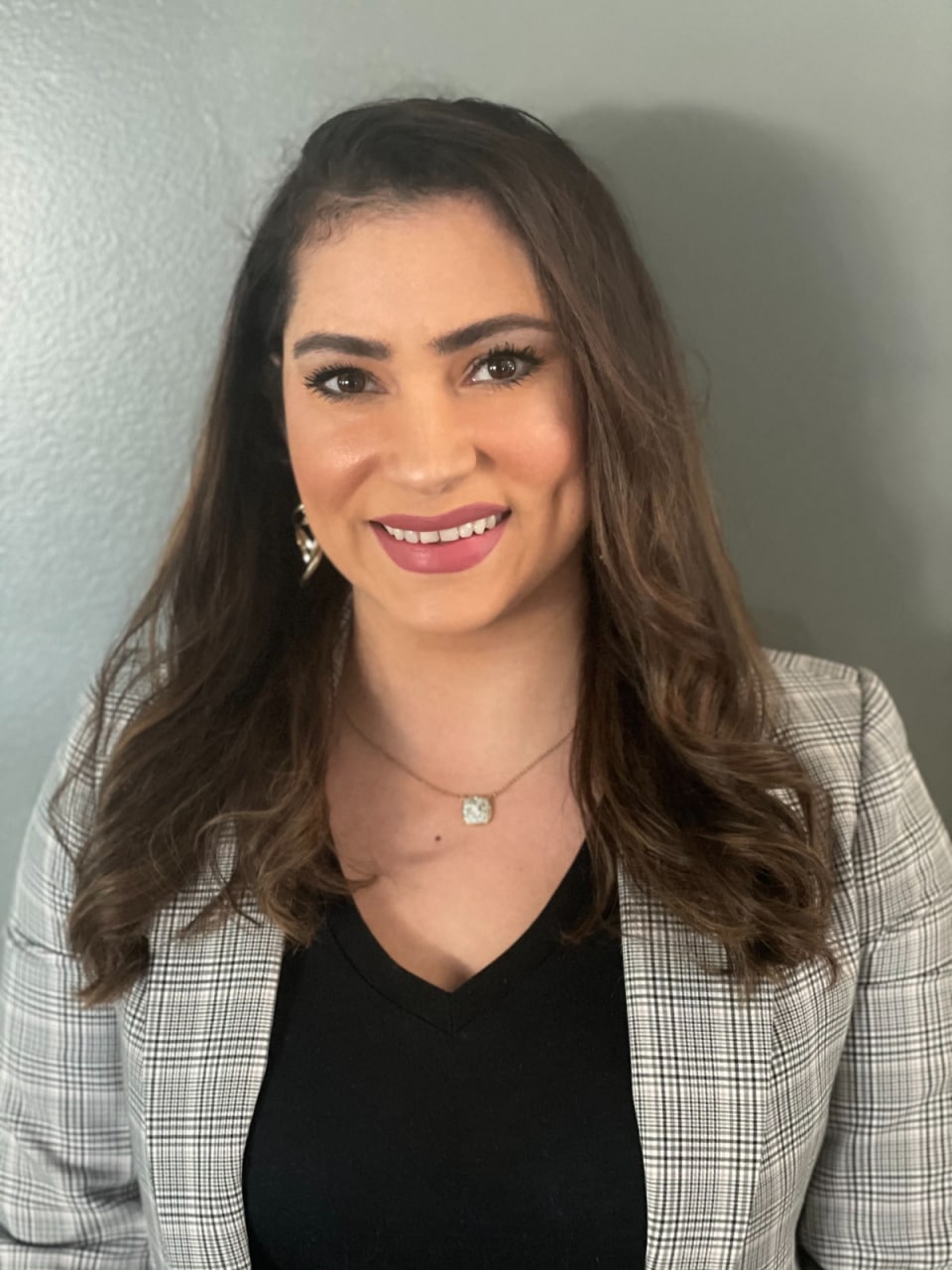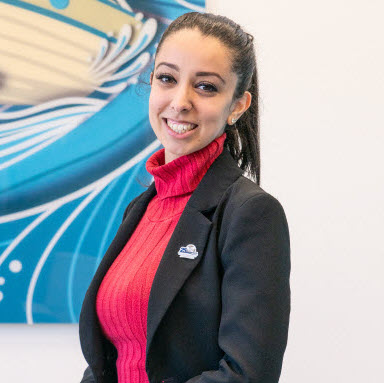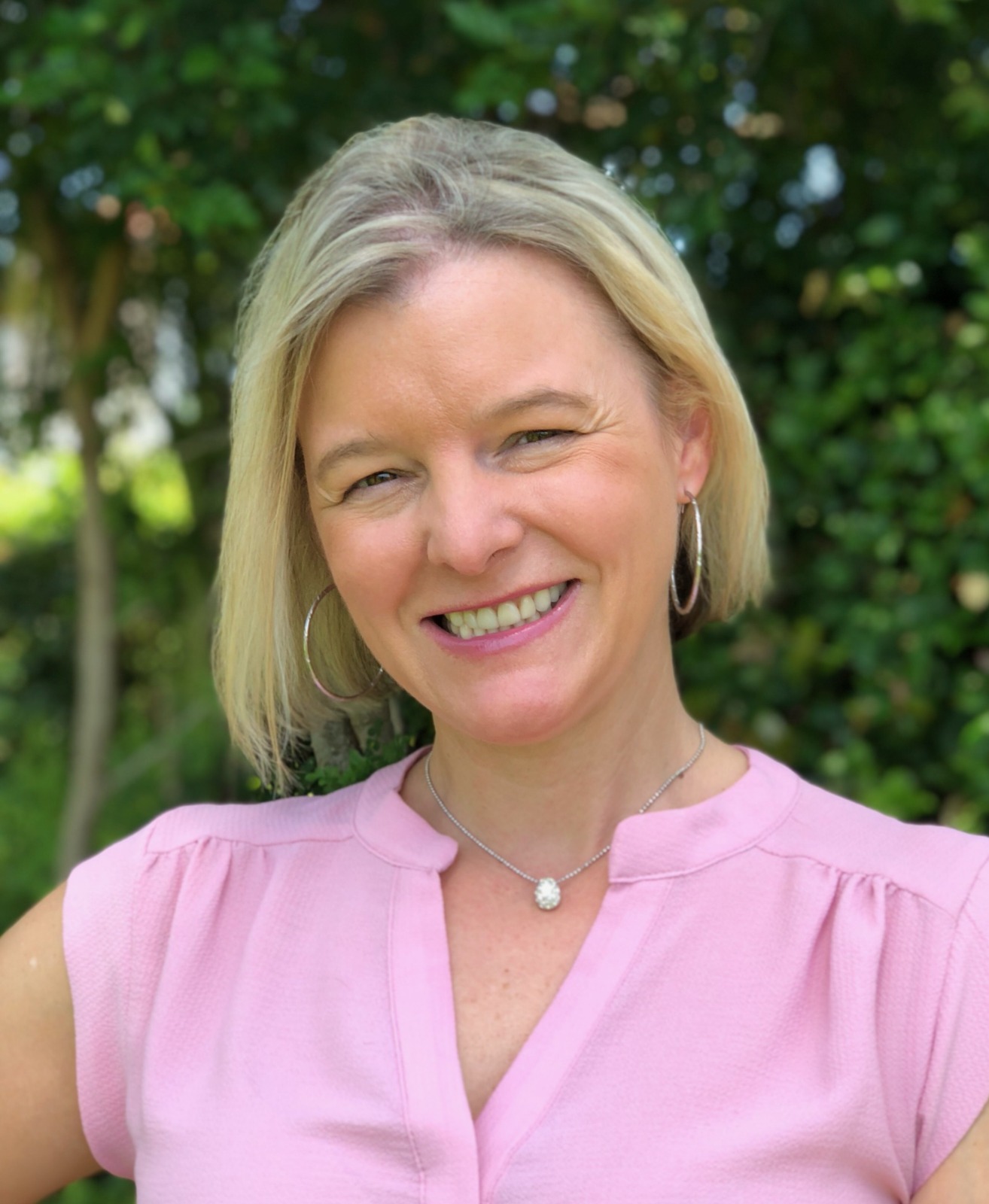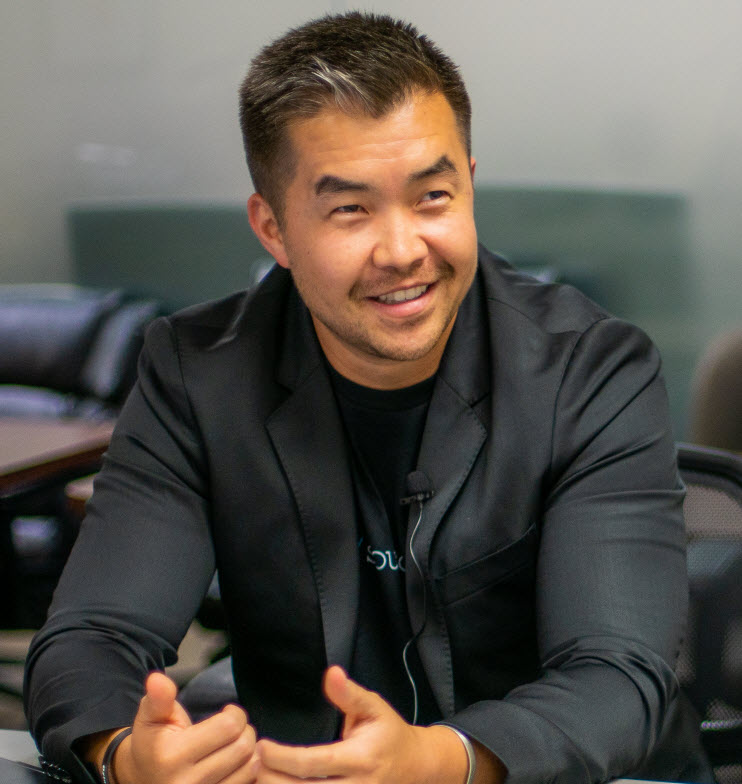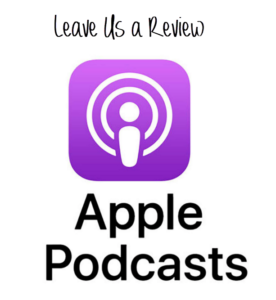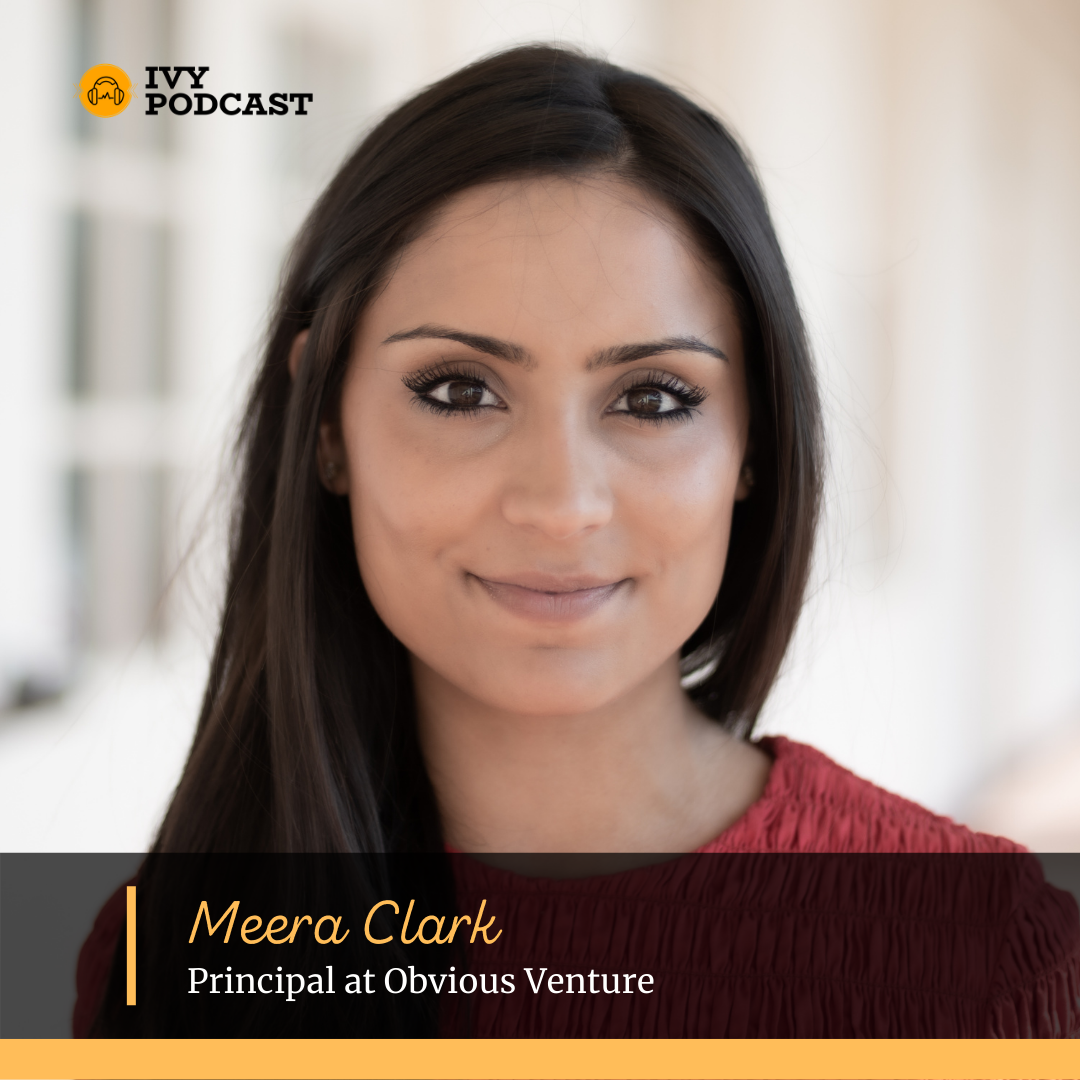
Meera Clark is a Principal at Obvious Ventures, an early-stage venture capital fund based in San Francisco. Prior to joining Obvious, she spent several years at Morgan Stanley. At Morgan Stanley, Meera began her career on the Cross Asset desk within the Institutional Equities Division in New York. From Sales & Trading, Meera transitioned to Investment Banking, joining the firm’s Technology Banking Group in Menlo Park. Post Banking, Meera began her investing career within Morgan Stanley’s Multicultural Innovation Lab, the firm’s early-stage accelerator focused on backing and supporting women and multicultural founders. She graduated from Stanford University with a BS in Management Science and Engineering. Meera is on the board of Stanford Professionals in Finance (SPIF), the SF Chapter of Synergist Network and currently serves on the Steering Committee for the All Raise Summit.
Episode transcription:
[00:00:00] Meera Clark: [00:00:00] Hello? Hello, Meera Clark here, principal at Obvious Ventures that is based out in San Francisco and really, really looking forward to today's conversation. [00:00:35] Jahn Karsybaev: [00:00:35] Thanks so much for finding time to join us on the podcast today. Tell us a little bit more about your backgrounds before we talk a little bit about your current role, curious to know a little bit more about your career timeline, then any specific highlights you want to share with us. [00:00:53] Meera Clark: [00:00:53] Awesome. Yeah, happy to, I would say at a high level, like so many, I am very much a product [00:01:00] of my environment. And so I grew up in North Carolina to an immigrant mother, working mom, and a little bit of a hippie dad, which was, I would say, a bit unconventional given the more conservative neighborhood that we lived in. And from that experience at a very young age, I became deeply curious and why people consume. What they consume and what drives those shifts in consumer behavior. So, as I began to think about college, I wanted to see as different of an ecosystem as possible to begin exploring some of these questions, which is what led me out to California and to study engineering at Stanford. And so Stanford for me was I think like for so many, a bit of an intellectual playground or summer camp, for lack of a better term, spent a lot of time exploring the startup ecosystem. How different industries interacted, what have you, and found myself and my first super traditional job the summer after my junior year [00:02:00] post a couple of internships at Stella & Dot and PayPal. And with that junior summer internship, I landed at Morgan Stanley on their time square trading floor. For me, I had this naive hope that I could explore the public equity markets. Over the course of the summer, soak up as much as possible. And then start my own thing. Go work in tech, follow the traditional Stanford path, I suppose. But from that summer, what I really came away with was one this true excitement or passion for the energy that pervaded the trading floor and the intellectual curiosity that was espoused by so many individuals there. And two was this belief that I had a lot more to learn as it relates to how different industries interact and how companies evolve within these ecosystems. And so I returned to Morgan Stanley right after graduation to join the firm's cross asset desk. And so on that desk, I was focused on identifying disruptive trends in the [00:03:00] market. Think about the evolution of the automotive industry. Or the shift towards more digital commerce, what have you and with those trends, I was very focused on identifying both plays across the equity markets or the credit markets, as investable means of playing out those themes. And so not actually that different from the mentor in many ways. There was this part of me, kind of the mission driven part of me that itched and that ached and knowing that at the end of the day, I was simply watching lines go up and down on a screen. And so that's really what compelled me to move closer and closer to working with these companies. And what first led me to move back to the west coast and join Morgan Stanley's tech banking practice down in Menlo Park. My experience in banking is probably exactly what one would guess it would be like. And so no need to really expand much more than that. But for me, it was an incredible opportunity to gain exposure to a lot of these big [00:04:00] players to develop my technical skillset and to develop a stronger understanding of the key themes that pervaded the broader tech ecosystem. I rounded out my Morgan Stanley tenure back in New York. So lots of back and forth movements, but join the firm's multicultural innovation lab, which is their early stage accelerator investing in women and multicultural founders generally at the pre-seed seed stages. And from this experience, I really fell in love with the world of investing and became that much more convinced in disbelief that I wanted to be investing in a mission-driven manner. And so I was very fortunate actually through an organization called all raise to get connected to the team in Q2 of 2019 and joined full time at that point in time to focus on our consumer investments and have been living the life doing all sorts of investing diligence, company support and more ever since. [00:04:58] Jahn Karsybaev: [00:04:58] Well, that's exciting. What a journey. So thanks for sharing a little bit more insight into that. As far as your current role with obvious ventures, tell us a little bit more about the kind of the mission behind the fund, the types of founders you guys invest in, what types of deals that you are more mostly interested in? Just a little bit more insight from their perspective? [00:05:21] Meera Clark: [00:05:21] Yeah. Obviously it’s a little bit of a unique venture capital fund in that. We have invested behind this. I would say very simply that the most valuable and iconic companies of our time will be the one solving humanity's greatest challenges. And so from 2014 when William, co-founder of Blogger and Twitter and Medium, founded obviously alongside my partners, James and Michelle, we have very much kept this world positive approach to investing. As the core to what we do as a fund, we actually are a B-Corp. Many of the companies that we invest in are not, but I think it really speaks to the [00:06:00] mission orientation that we lean into as an organization. And so, as we think about where we apply this approach, we look at three primary pillars with some degrees of overlap. We think of them as sustainable systems. So re-imagining resource intensive industries think anything from. Construction or transportation with a company like Protera all the way over to manufacturing or modern materials with a company like Zymergen and moving on from there. And our people power pillar, we think a lot about enhancing the ways that individuals work, learn and earn. And so that could be anything from a future of work platform, like Gusto to a fair finance platform, like the long-term stock exchange. And then finally in our third pillar, healthy living, we think a lot about preventative care approaches to physical and mental health. So again, this is going to be anything from plant-based foods, with a company like Beyond Meat, all the way over to computational biology with a company like Rutgers and [00:07:00] Pharmaceuticals. And so across all three of these pillars, we are. A little bit broader, a little bit funkier than I think your traditional sand hill road vs. fund, but really looking for creative novel approaches that are truly going to transform the ways that hundreds of millions of Americans are living their lives on a daily basis. [00:07:19] Jahn Karsybaev: [00:07:19] Yeah. Very interesting. And I guess not so obvious to an obvious name. Where'd the name come from? [00:07:30] Meera Clark: [00:07:30] The name obvious really comes back to this idea that when we are making these investments, let's say Beyond Meat, for example, it sounded like Looney Tunes back in the day, no one thought people would buy a desk. No one thought that the gross margins could possibly be positive on something so complex or something so out there. But today you look at the market cap of that company and it seems quote-unquote obvious. And so we're really looking. And these opportunities again that are [00:08:00] slightly stranger, but become so integral into the daily lives of Americans that in the rear view mirror, they look obvious. [00:08:10] Jahn Karsybaev: [00:08:10] Right, right, right. No, that's pretty interesting. And aside from some of these, the industries and trends that you guys invest in as a fund. For you personally, what are the different trends that really excite you these days? What is something that you're very passionate about? It could be the same. I'm just curious to get your personal take on what is, what do you perceive as to be the next big thing? What are you researching further? [00:08:32] Meera Clark: [00:08:32] Yeah, I mean, so many areas, always, which keeps things interesting. I would say one theme in particular. That I've been quite focused on over the past few months though, has been this idea of financial wellness. I think that so much of 2020 was very focused on survival mode, which I think has correspondingly mapped very closely to mental health as we sort of take a step back. And think about what the recovery play will be. I think I have this increasing suspicion that individuals are going to say, okay, what systems broke or what systems were a little bit shaky last time and how can I set myself up with a slightly more resilient foundation moving forward? And so with this sort of approach, I think financial wellness can encompass anything from an upscaling platform so that you're earning more money in your job to a retirement account that is allowing you or empowering you to more effectively save for the long term. I think similarly as we just take a step back, I think it's fairly well understood or appreciated that corporate America has for so long propped itself, back up on the backs of hard working Americans. And while the rich have gotten richer, I think the rest of the country has had to work harder and harder to make ends meet as a result of anything from stagnating wage growth to the rising cost of living. And as I reflect upon what the past 10 years or 12 years, let's say post financial crisis have really entailed. It's been this rising wealth on behalf of the richest Americans because of the concept of ownership while the top 10% has historically controlled, let's say anywhere from 70 to 80% of the stock market, we have seen this percentage continue to creep up over time reaching a peak around 88%. I believe it was in the fourth quarter of 2019. And so what I think we are increasingly seeing, let's say even over the past quarter or two with all of the wall street bats may have, is that retail investors or kind of your average American are now saying no more to this total domination by institutions and by the ultra wealthy. And so I think we've seen wave one of this movement play out with platforms ranging from Robin hood to honey, really proving that you can build massive businesses catering to quote unquote the average American and their financial services needs. But I think as we move forward, we are increasingly excited about it. Platforms that are both broadening access to and awareness of the markets through anything from retirement accounts, banking, applications, investing platforms, and more. And I think as we think about what will be at the root of this financial wellness 2.0, I think I'm increasingly excited about these dynamics of identity and community. And so that platforms feel purpose-built for you or personalized for you. And so. I've been spending a lot of time across this ecosystem. Some of it in these super hyped areas like NFTs, some of it in much less sexy areas surrounding the concept of a credit score. But broadly, I think there's a ton of opportunity here, both to make insane returns from an investment perspective, but also to really make a difference in the lives of so many. [00:11:53] Jahn Karsybaev: [00:11:53] Right. No, that's very interesting. And especially with the pandemic and everything, shifting to remote environments, those types of platforms, those types of resources just have grown exponentially through the last couple of years and just provided so much access to everyday consumer every day, just a regular individual to be able to explore and tap into resources as such and really just essentially improve on the overall financial kind of that wellbeing as you called it. So that's very exciting in terms of the overall trends that you're seeing and kind of to shift topics a little bit on you. I advise a lot of startups from a technical standpoint as a technologist and former operator. Just for me, a lot of my passion and interest these days is to take the sum of that experience and help some of the startups that are going through that, whatever the technical difficulties are. And some of some of the trends that I'm also seeing in the few startups that I've been engaged with is that initial traction, obviously that initial product market fit is everything in getting some type of validation with consumers. But also they go in parallel through fundraising, which is obviously when they talk to investors, whether angels or VCs to show some type of proof, whether that's product market fit or what list of LORs or anyone that's looking to purchase that product. If there's that lack of traction during that period yet they're still looking to raise funding. It's obvious, it's catch 22 from your standpoint. What are some of the recommendations you may have for these types of startups? Is it focused more on continuing to push and try to get some type of market validation or try to do some type of a balancing between what just what's your overall take on that? [00:13:50] Meera Clark: [00:13:50] Yeah, I think it's a great question. Given the way that the markets are headed, it feels like companies these days are fundraising earlier and earlier in their life cycle. And so as an investor on the other side of the table, I for better, for worse have much less information or data to really analyze. And so I think to your point, as it relates to companies that maybe are not generating revenue or are pre-launch in nature. There's really two areas where I think about spending time to determine some sort of proxy for this traction. The first is really founder market fit. And trying to understand whether or not this founder has generated meaningful traction in the same market or an adjacent market in a prior role, whether they were chief product officer or chief technology officer at a former startup, whether they were the founder of a very successful startup or even a PM that was able to really build something that generated strong traffic for their broader company. And so first I really think about that founder market fit on the flip side. As it relates to the numbers or whatever we want to call them these [00:15:00] days. I think that the idea or the ability to generate a strong waitlist is something that isn't holding increasing weight with investors. So it needs to be done in a thoughtful and deliberate manner for me, because I'm focused primarily on consumer facing companies, this could be an Instagram account that has a hundred thousand followers or TikTok reach that reaches 500000, whatever it is frequently with these sorts of efforts, you will see companies begin to build wait lists on their website, which can range anywhere from a thousand to a hundred thousand, from a signup perspective. I think it's important to remember that someone on your wait list is not a paying customer. When you open the flood gates, many of these will churn. Many of these will disappear overnight, but I do think that it speaks to interest and excitement for your product, which at the end of [00:16:00] the day is what we are trying to determine. And so I think these are probably two of the areas where I'm spending the most time. Let's say with a seed stage company that is building in a space that I love and I'm really excited about, but that hasn't quite come to market or proven that the market is ready for the product that they're selling. [00:16:19] Jahn Karsybaev: [00:16:19] Hmm, right. Very, no, I love these strategies and the founder market fit, it's you nailed it on the head. And as far as understanding where that particular founder came from, have they done something similar or what's their motivation at the end of the day as well to build this type of product. So I think that's a very interesting dynamic too. Take a look at when evaluating particular deals, but also for the founders themselves to consider that. And at the end of the day to step back and ask yourself that question, what makes you so unique to you? What would increase your chances of succeeding in that type of environment or the product that you're trying to build. So that's great. Thank you for that. In terms of the venture capitalism industry in general, we've seen emergence of different types of roles within that space. And some were just, I never even heard of, but from your standpoint, what are some of the some of the most in demand skill sets yet very hard to find these days in venture capital. What are you observing in terms of the last couple of years as the industry emerged. [00:17:25] Meera Clark: [00:17:25] Yeah. I think that there are a few archetypes that we tend to see venture capital funds hiring for. I think the two that probably get the most press buzz would be former operators. So engineers, product managers, what have you, as well as former investment bankers, let's say like myself, I think that both of these skills provide a lot of leverage, frankly, for teams, when these individuals are coming in as analysts, associates, senior associates. What have you. And so I understand why the market has historically valued these skill sets. On the flip side, I think as individuals grow from, let's say an associate or senior associate role up into a partner role, longer term, the skills one needs to succeed are actually quite different while an associate or senior associate, it's primarily looking to think on behalf of their partner. And be able to view the world through the lens of their partner. Someone that is a partner is now in a position to hopefully be forming their own independent thoughts and be able to sort of synthesize and sell on their own as it relates to winning a deal. And so, as it relates to underappreciated skill sets that I think are quite in demand, particularly as one matures through the ranks, the ability to sell is really at the top of that list. For me it's been interesting navigating venture as a career because I really tried hard to get into this ecosystem coming from sales and trading, and no one wanted to chat with me until I had that banking stamp of approval on my resume. For me, as I look back at one of my experiences, actually most relevant, I 100% believe that having a sales background and the ability to quickly synthesize information. Personalize the message for another party and deliver that message in a compelling way. That's what I think really provides me with an edge in this business. And so I think that this ability to sell is certainly an in demand skill and hard to find, but I don't think that the market necessarily fully appreciates it yet today. And so, it'll be interesting to see what the profile of investors, both incoming investors and established investors look like in five years, because as the markets evolve, I think founders need to evolve. And at the end of the day we exist, we exist to serve founders. And so always an interesting progression to walk from the sideline. [00:20:06] Jahn Karsybaev: [00:20:06] Yeah, that's very interesting. And you mentioned something that resonates very well as far as building that particular leverage. So to say, where you've mentioned sales, which for me as a technologist there's always kind of these two distinct areas you either build or you sell. And for those that are able to succeed in both. Were you really good at building and you really good at selling those? That's a very unique skill set, and those are almost like unicorns, which are very hard to find. And for me, that was also the kind of the analogy that I had to continuously work on to be able to, yes, I'm really good at building, but how do I really transition and build that skillset to be able to sell at the end of the day, because when you're in a startup environment, everyone sells, everyone builds, everyone wears multiple hats. So that's very interesting, which leads me to another point in terms of when we talk about leverage and specific knowledge for deal flow, everyone can get it. Deal flow. We there's a lot of different channels and opportunities to be able to expose yourself to a great number of startups and founders that are trying to build something really cool. But then on the other side, is that the access. Right in, we've all heard that, I have a great deal flow, but I don't have much access because if it's something very interesting, very hot, how do you actually make sure that you do get access to that particular deal? What's your take on that? How do you build that type of knowledge, whether that's a skillset or a reputation or knowledge, to be able to get that type of access to a very unique deals that are very hard to find. [00:21:50] Meera Clark: [00:21:50] Yeah, I think, I probably think about that access question in three primary ways that have some degree of overlap, but also sort of stand on their own. I think first is coming from a brand or coming with a message that resonates, which for me has been something that's worked quite well and obvious, and that I feel very grateful for. I think that our world positive approach and mission-driven ethos in everything that we do is increasingly appreciated by founders, particularly in the areas where we spend time. And so I think being able to come to the market with a point of differentiation or competitive edge versus kind of the commoditized capital that is flooding streets of Silicon valley, I think that can be very powerful. I think that leading with authenticity yourself, and giving back to your broader community can be quite valuable. It is playing the long-term game. It's not trying to get the quick win, but by helping others and [00:23:00] adding value to their lives, to their processes, I think positions you to make some of those higher value, asks them a line, whether it's for an introduction or a for a reference. And so I think that's certainly something that is top of mind for me, and that I'm deliberately building towards every day. And then I think the final point is really your point of view on the ecosystem. I think founders certainly should be smarter than I am on their stage, given the extent to which they've dedicated their lives to building in that ecosystem. But as they look at investors, they want a thought partner or someone that can point out their blind spots. Or someone that can intellectually spar with them as they think about their product pipeline or what have you. And so I spent a lot of my time going deep on specific areas to develop a view, which frankly may or may not be correct and is certainly subject to change on a daily, weekly, hourly basis, but really doing the pre-meeting preparation work to understand where a founder is building and why their approach might make sense. I think it goes a long way to emerging from the mayhem that is thousands or hundreds of inbound emails. They're probably getting by if they're one of those hot shows in lens, but have you. [00:24:23] Jahn Karsybaev: [00:24:23] Yeah, right. No, absolutely. I love that kind of three, three three-pronged approach to that. And that's very interesting to hear from that perspective, in terms of your self actualization or your content diet, what do you consume on a daily basis? What are your sources for learning? Whether that's a Twitter profile or it's a blog or newsletter that you subscribe to. Share with us the sources that you consume on a daily basis. [00:24:54] Meera Clark: [00:24:54] Yeah, so I read a lot. I actually spend the first hour of most [00:25:00] days reading, , for me, this is, , a 6:00 AM walk around my block or probably three to four laps around my block. And so my neighbors certainly think that I'm psychotic. But for me, it's a great quiet time to read through all the blogs and or articles that I flagged over the past 24 hours to one know what's going on, but also begin to go deeper on some of these various topics. And so some of the blogs I subscribe to are the traditional tech blogs, let's say an Axios Pro Rata or a term sheet while others are more focused on specific sub sectors, whether it's healthcare or food or sustainable fashion or FinTech, but really spending time getting deeper and deeper into ecosystems, I think it's quite valuable in terms of continuing to push my thinking kind of to balance out these blogs though. I really, really value the learnings that I got from books, which I think at times in the areas that investors overlap because they get burned out from all the reading that our day to day involves. That said for me, going deep on a topic to explore various angles, not only gives me the fuel to think more creatively and critically about a given topic, but it also provides me with firepower to bring up in a conversation with another investor. So that. I can make them smarter while they're hopefully making me smarter. And so I am ruthless about asking smart people for book recommendations, because I think that reading is really one of the best ways to learn. Everyone has their thing. Some people love videos, some people love audio, but I'm really kind of a hard text person first and foremost. [00:26:52] Jahn Karsybaev: [00:26:52] That's great. Which leads me to the last question. I've just finished a great book by a former professor of mine from Harvard. He writes a lot about innovation, a lot about experimentation and his latest book experimentation works, which was eye opening to a lot of. The things that companies like booking.com, a lot of the strategies that they implement to continuously innovate, build a culture of innovation foster that. So that was kind of very exciting for me in terms of the book. What have you read lately that really stood out in terms of the book and is there a book that you always recommend to others? And why is that? [00:27:30] Meera Clark: [00:27:30] Yeah, I would say in terms of what I am reading at the moment, I'm currently reading a book called Always Home. And so, this is a book by Fannie Singer, who is the daughter of Alice Waters, a very famous chef in Berkeley, who in many ways is a pioneer at the farm to table movement here in the U S. And so this book brings together a love of food and family and cooking. Along with this idea of care and living life with, in a very deliberate manner. I think given the attention economy that we all exist in and the speed at which the world, the markets, everything seems to be moving. I think many of us can find ourselves spinning in circles. Without a true area of focus or a true intention that resonates with our values and what we believe in. And so this book for me is an incredible reminder of that and one that I'm really enjoying. But I think to your other question, as it relates to sort of the must reads that are at the top of my list from a recommendation perspective, one book I read last year that deeply resonated with me and that I have gifted to probably more humans than I want to admit. Is a book called essentialism and interestingly essential as a math staff to this same sense being deliberate or intentional in how you spend your time while always home is maybe more focused on your personal life. And your consumption habits essentially map both to your personal life, but even more so to your professional endeavors. And how you think about anything from your network to your calendar blocks to the number of projects or clubs or committees that you want to sign up for really espousing. This less is more mentality as it focuses on quality over quality quantity. But yeah, I would certainly put centralism at the top of my list for recommendations for your listeners, because I think we all have something to learn from it. And one of the most exciting elements is what each of us takes away from the book. Probably a little bit different. [00:29:44] Jahn Karsybaev: [00:29:44] Oh, that's super cool. I'm definitely going to add that to my growing list of books that I have to read this year. And for our listeners, we'll make the title author of these books available in the episode notes. Meera, thank you so much for finding time to join us on the podcast today. I know it was a very short but powerful conversation that I personally learned quite a bit. Definitely going to stay in touch with you and perhaps we're going to do another episode next year to see how much you've changed, how much has transpired. [00:30:09] Meera Clark: [00:30:09] I love it. Thanks so much for having me and have a great rest of the day.
Welcome to Ivy Podcast! On this Executive Leadership Podcast we interview top executives from Fortune 500 with a focus on strategy, innovation, negotiation and everything about leadership.
Our Podcast for Executives features Thought Leaders who share practical insights for effective leadership, continuous innovation and strategy execution.
Ivy Podcast is a rapidly growing Executive Podcast, which covers topics like Hiring and Retention Strategies, Talent Acquisition, Innovation, Digital Transformation and much more.
On this Leadership Podcast, you will find conversations with the most accomplished executives from Fortune 100 companies. We aim to cover a broad range of industries and create a learning platform for the most ambitious and high potential professionals who are looking to learn from the most accomplished Executives on this Business Leadership Podcast.



